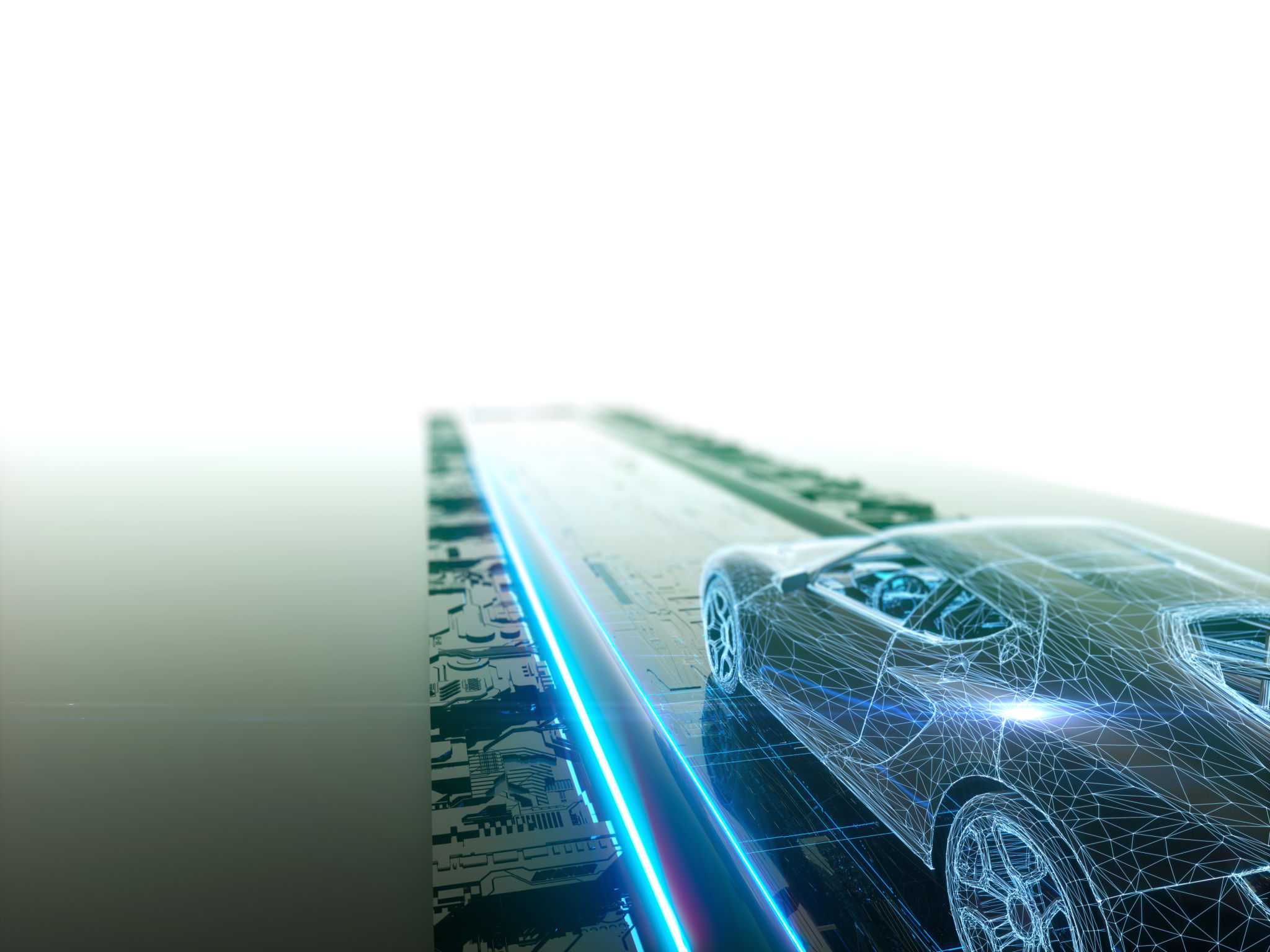The Future of Auto Transport: Innovations and Trends to Watch
Introduction to the Future of Auto Transport
The auto transport industry is on the brink of a revolutionary transformation. With rapid advancements in technology and a growing emphasis on sustainability, the future promises exciting developments. From autonomous vehicles to eco-friendly solutions, the industry is poised for significant changes that will reshape how we move goods and people.

Autonomous Vehicles: Paving the Way
One of the most talked-about innovations in auto transport is the development of autonomous vehicles. Self-driving technology has made significant strides, with companies like Tesla and Waymo leading the charge. These vehicles promise to enhance safety, reduce human error, and increase efficiency in transportation.
As regulations and technology improve, we can expect to see more autonomous trucks and delivery vehicles on the road. This shift will not only revolutionize logistics but also create new opportunities for businesses and consumers alike.
Electric Vehicles: A Green Revolution
The push towards sustainable transport solutions has given rise to an electric vehicle (EV) revolution. EVs are no longer a niche market; they are becoming mainstream as manufacturers ramp up production and invest in charging infrastructure. The benefits are clear—reduced emissions, lower operating costs, and less reliance on fossil fuels.

Governments worldwide are incentivizing the adoption of EVs by offering tax breaks and subsidies. As battery technology improves, we can expect longer ranges and shorter charging times, making electric vehicles a viable option for more consumers.
Innovative Logistics Solutions
In addition to vehicle technology, logistics innovation is key to shaping the future of auto transport. Companies are exploring new methods for optimizing supply chains and reducing delivery times. Technologies such as artificial intelligence and machine learning are being used to analyze data and improve route planning.
The use of drones for last-mile delivery is another area gaining traction. Drones can navigate congested urban areas quickly, reducing delivery times and increasing efficiency.

Connected Vehicles: The Internet of Things
The integration of the Internet of Things (IoT) with vehicles is opening up new possibilities in auto transport. Connected vehicles can communicate with each other and with infrastructure, providing real-time data that can enhance traffic flow and reduce congestion.
This connectivity allows for better fleet management, predictive maintenance, and even personalized customer experiences. As IoT technology continues to evolve, it will play a crucial role in transforming the transportation landscape.
The Role of Artificial Intelligence
Artificial intelligence (AI) is at the forefront of many innovations in auto transport. AI systems can process vast amounts of data to make informed decisions, whether it's optimizing routes or predicting maintenance needs. In autonomous vehicles, AI is essential for interpreting sensor data and making driving decisions.
Moreover, AI-powered systems can enhance customer service by providing real-time updates and personalized recommendations. The continued development of AI technologies will be instrumental in driving the future of auto transport.
Conclusion: Embracing Change
The future of auto transport is thrilling and filled with potential. By embracing innovations like autonomous vehicles, electric transport solutions, and AI-driven logistics, the industry is set to become more efficient, sustainable, and customer-focused. As these trends continue to develop, staying informed and adaptable will be key for businesses and consumers looking to thrive in this evolving landscape.